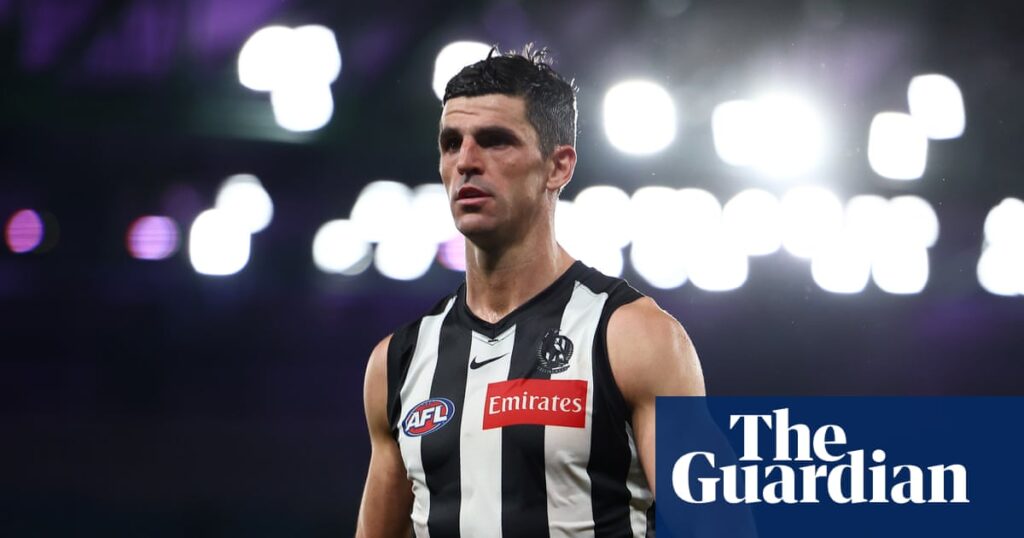
The “too old, too slow” critique is as entrenched in football as the game itself. In the AFL era, teams like Hawthorn in 1991 and Geelong in 2011 silenced such criticisms with their performances. However, by today’s standards, the age composition of those championship teams would hardly raise eyebrows. Michael Tuck, at 38, seemed ageless, while Chris Mew and Gary Ayres were just entering their 30s. Similarly, Geelong’s 2011 side, often remembered as a ‘dad’s army,’ only had a handful of players over 30.
In contrast, the Collingwood team set to compete in the upcoming preliminary final genuinely fits the “old” label. If Jeremy Howe takes the field, he will be among nine players aged 30 or older. Jordan De Goey and Darcy Moore are not far behind. This trend of seasoned athletes excelling is not unique to AFL; sports legends like Tom Brady, Novak Djokovic, and Serena Williams have all defied age norms, achieving remarkable feats in their 30s and beyond.
Collingwood’s Age-Defying Strategy
While Collingwood’s lineup may seem like a last-ditch effort before a wave of retirements, there’s more to their strategy. The club’s high-performance manager, Jarrod Wade, has been instrumental in extending the careers of many players. Wade, who joined Collingwood shortly after Craig McRae, brought a fresh perspective from his rugby league background, challenging the conventional wisdom about player conditioning.
Wade’s approach, which emphasizes resilience over comfort, was initially met with skepticism. His rigorous preseason program shocked many, but it was grounded in a blend of data-driven insights and a keen understanding of player psychology. Crucially, Wade had the support of a dedicated group of senior players who thrived under his regimen, leading to strong finishes in games as the season progressed.
The Pendlebury Factor
Central to Collingwood’s success is Scott Pendlebury, whose dedication to his craft is unparalleled. At 37, Pendlebury’s commitment to fitness and recovery is a testament to his longevity. In a podcast with Mark Howard, he detailed his off-season routine, which includes sauna sessions, cold plunges, and mobility exercises. Such discipline is rare, especially among veteran athletes balancing family life.
Pendlebury’s passion for optimization mirrors that of tennis star Novak Djokovic, whose “continuity of obsession” has been a hallmark of his career. For Pendlebury, these routines are not chores but integral to his performance. His ability to read and control the game is a joy to watch, akin to a maestro conducting an orchestra.
“You look like a title fighter,” remarked Ross Lyon, highlighting Pendlebury’s readiness and hunger ahead of the grand final.
Implications for the Future
The success of Collingwood’s veteran players raises questions about the future of team dynamics in the AFL. As athletes continue to push the boundaries of age-related performance, clubs may increasingly rely on experienced players to balance youthful exuberance. The role of high-performance managers like Wade will be crucial in this evolution, as they blend traditional training with modern sports science.
Collingwood’s journey this season exemplifies the potential of experienced teams to defy expectations. As they prepare for the grand final, their blend of wisdom and strategy positions them as formidable contenders. Whether this approach will become a broader trend in the AFL remains to be seen, but for now, Collingwood stands as a testament to the power of experience and innovation in sports.






